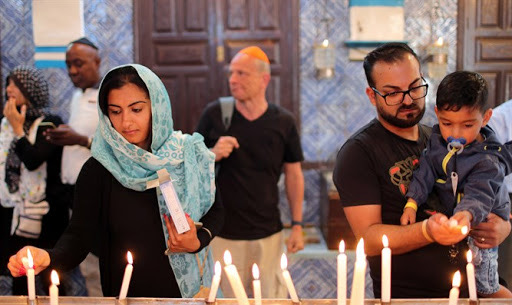
In Israel, Jews were keen to celebrate the anniversary of the death of Rabbi Shimon Bar Yohai, one of the most important symbols of Jewish spirituality and of the “Kabbalah”, also known as the Feast of the Elders or “Lag Baomer”, despite the emergency measures implemented in order to deal with the Coronavirus epidemic.
Thus, visitors flocked to the tomb of Rabbi Shimon Bar Yohai on Mount Meron, the highest mountain in Israel, located northwest of the city of Galilee, in groups of 50 individuals, compared to the usual attendance of more than one million Israeli pilgrims each year.
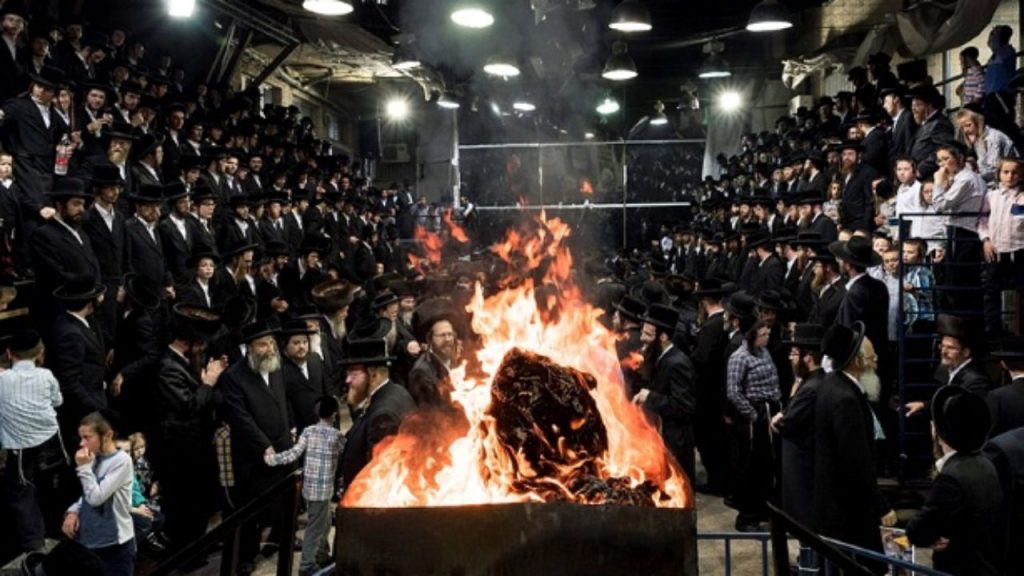
Jews in Israel were unable to visit the shrine of Rabbi Shimon Bar Yohai in large numbers because the roads were closed and the fire rituals proper to this celebration were banned by the authorities.
It should be noted that Jews, whether Sephardic or Ashkenazi, are accustomed to celebrating this feast in May each year by going to the mountain where Rabbi Shimon Bar Yohai is buried. They light fires and candles, recite prayers and read passages from “Al-Zohar”, a book attributed to Shimon Bar Yohai and considered the most important of the Kabbalian heritage.
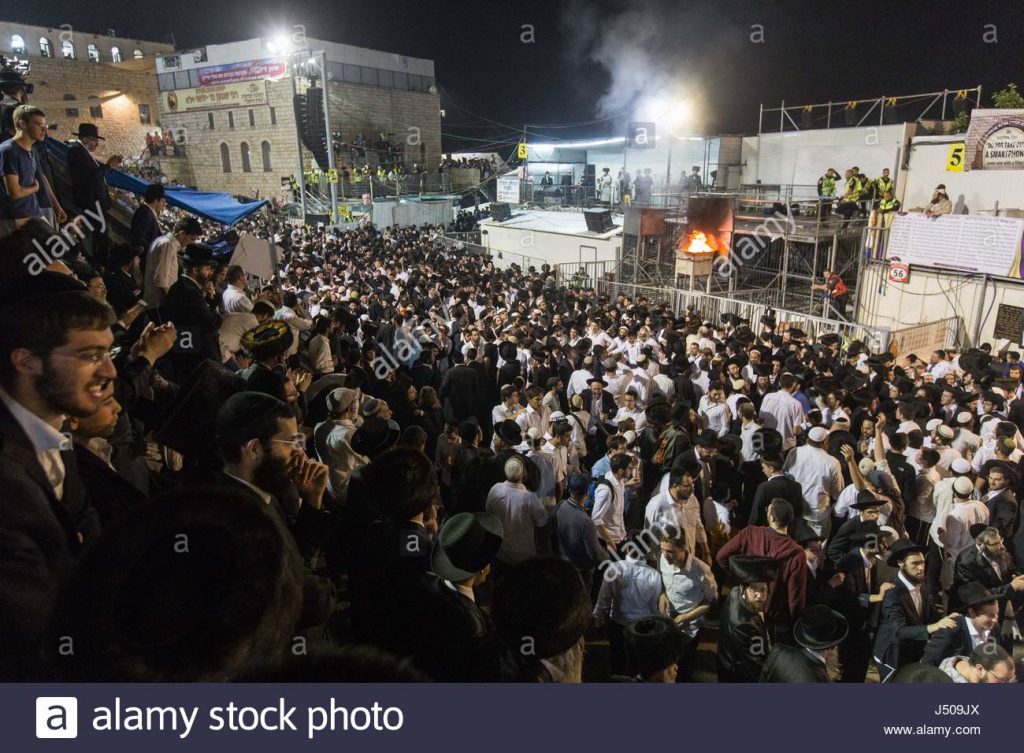
The legend of Rabbi Shimon Bar Yohai dates back to the time of the Roman occupation of Israel. He was known for his strong criticism of the Roman political system. Feeling in danger, he escaped with his son, Rabbi Eliezer, and took refuge on Mount Meron. There he spent 13 years praying and reading Torah. There he wrote “Al-Zohar” which means “brightness”.

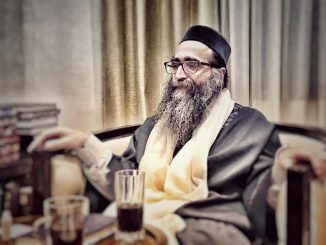

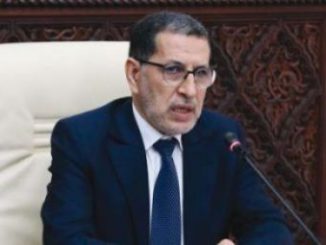
Be the first to comment